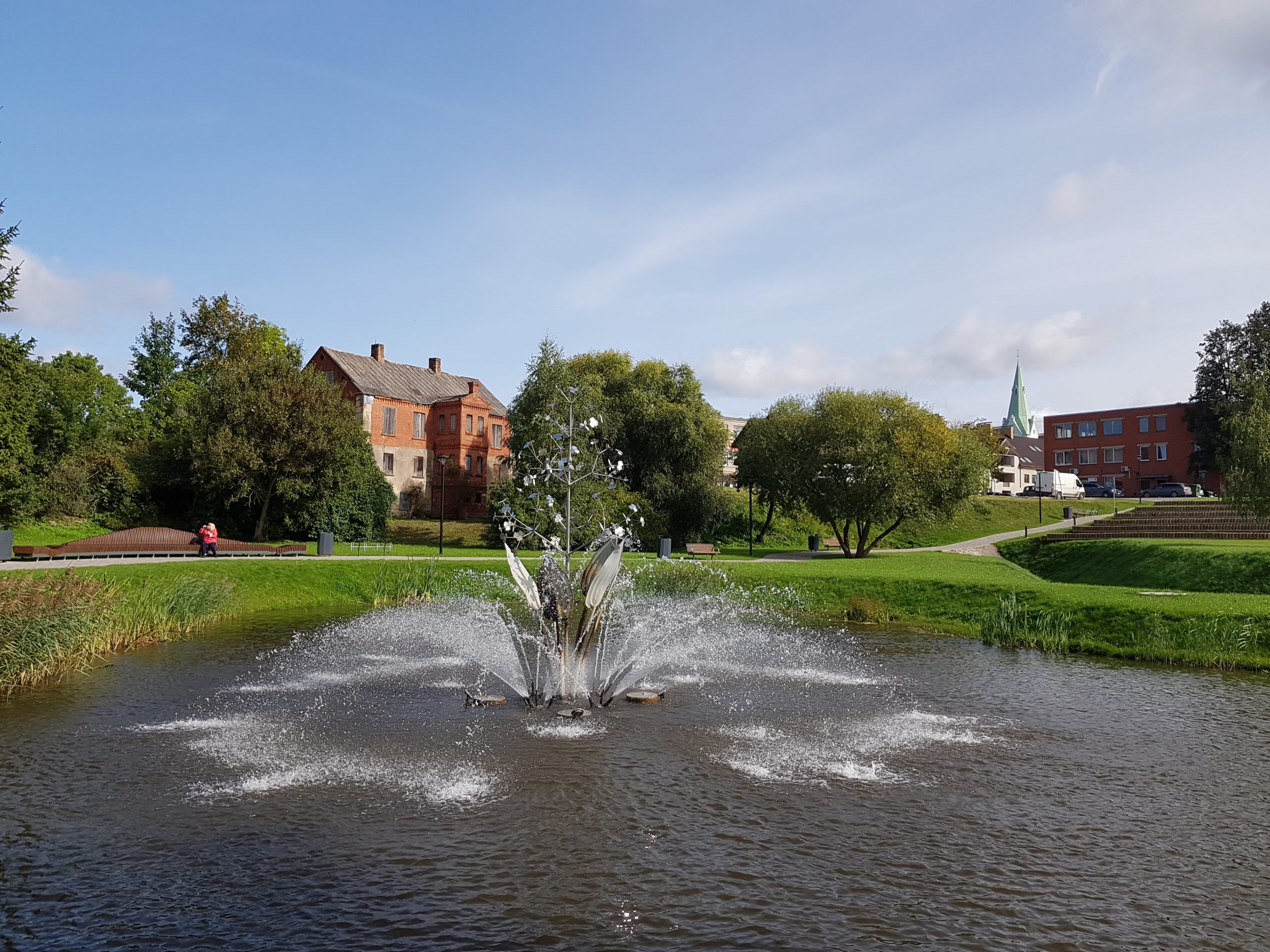-

Bringing neighbours closer
Welcome to the Interreg V-A Latvia–Lithuania Programme 2014–2020!
About the programme -

-

All 1st and 2nd call projects to be completed this year
13 December 2021

The Programme would like to share some statistics on its projects by the end of the year. 87 projects out of the total 90 approved 1st and 2nd call projects have completed their implementation. Among them, 42 are the projects approved during the 1st call of the Programme, while the other 45 projects were approved during the 2nd call. 3 projects from the 2nd call will be finished by the end of the year.
Besides, 42 projects from the 3rd call are on the full speed of their implementation. One project will be completed by the end of 2021, being the first to deliver the results from the 3rd call of the approved projects. Other projects are in the middle of their implementation stage, working intensely to deliver most of their activities. However, due to the COVID-19 related obstacles, some projects have already requested to prolong their duration.
Nevertheless, projects are doing their best to adapt to the challenging situation caused by the COVID-19 pandemic when changing the format of events (from face-to-face to online), rescheduling or rearranging some activities. The projects willingly implement these changes since they all wish to accomplish the initially planned objectives and results, sustain the cross-border element in the projects and maintain the promised involvement of the target groups.
71 projects have already received the final payments for the total amount of about 29 million EUR ERDF.
To conclude, all the Programme projects must finish their implementation by the end of June 2023.
Some highlights of completed projects include LLI-408 “LandCLEAN” during which 3.46 ha territory in Dobele has been cleaned from contamination and also improved by constructed paths, installed lighting and 10 benches, fountain and amphitheatre. This place is being used for walking and spending free time by local inhabitants and foreign visitors coming to the city. 1,38 ha of territory in Biržai was also revitalized from contamination but old garages near Biržai Regional Park administration building were transformed to extension of exhibition hall to host mineral collection.
During the project LLI-322 “Igda vs poverty” living conditions and social skills were improved for deprived communities through creating social links between children from vulnerable groups in Ignalina and Daugavpils through organized educational and recreational children camps. There were 396 children participating in all camps during the project implementation. During the project an abandoned building in Ignalina with accommodation of 158 square meters was fully repaired and transformed into fully functional youth day care center. Premises in Daugavpils were equipped with new sports and leisure equipment.
Project LLI-326 “CIRCUIT” to be finished by the end of the year has developed a new tourism route, allowing tourists to walk in Honoré de Balzac shoes and travel along the old postal route on the territory of Latvia and Lithuania, which once was a part of St.Petersburg – Warsaw road. Renovated Daugavpils fortress and 6th fort of Kaunas fortress are among main attractions that will make the journey memorable.
Within the project LLI-337 “Create to remain” culinary heritage room in Vabole was created and equipped. Daugavpils district had no culinary service provider for regional needs and villages had no skills and financial support for this. Culinary heritage room is widely used by schools and adults to learn, experience and gain practical culinary knowledge. It promotes knowledge transfer between citizens with different age, social integration and cohesion and actualizes traditional skill carries and networking between rural craftsmen.
In addition, culinary heritage room has become and continues to be a popular space for event organization by locals and other event organizers in this way it has improved and diversified life of locals. As more and more events are happening in the area community has started to be more active and interest for culinary heritage as well as culinary heritage room continues to increase.
Last updated: 03.11.2025 14:05
